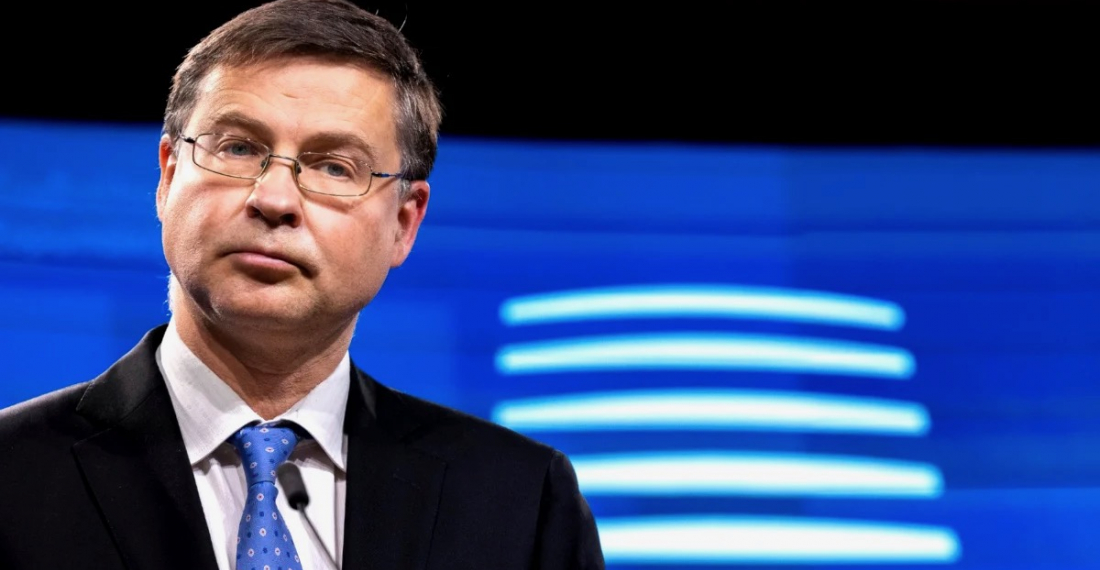The European Union on Thursday (27 January) launched a case against China at the World Trade Organization (WTO) in response to a Chinese economic boycott of Lithuania. China has been boycotting imports and exports from the Baltic state since Lithuania allowed Taiwan to establish a Taiwanese Representative Office in its capital, Vilnius, and deepened ties with Taiwan.
China considers Taiwan a renegade province, Taiwan sees itself as an independent democracy. The country maintains friendly ties with Western allies such as Australia and the United States. The opening of the Taiwanese office is therefore sensitive for China. Beijing has been pressuring countries to weaken or break their ties with Taiwan.
The decision to open a case against China was "not taken lightly", EU Commissioner for Trade, Valdis Dombrovskis, said in a statement. "However, after repeated failed attempts to resolve the issue bilaterally, we see no other way forward than to request WTO dispute settlement consultations with China. The EU is determined to act as one, and act fast, against measures in breach of WTO rules which threaten the integrity of our Single Market. We are in parallel pursuing our diplomatic efforts to deescalate the situation".
Dombrovskis further said the EU is pursuing diplomatic solutions to the dispute. Brussels has also raised the issue with China itself in recent weeks. The United States has indicated its support for the EU and Lithuania.
The WTO will now investigate whether and how China is violating trade rules. If China and the EU cannot reach a solution themselves in the meantime, the WTO will pass judgment in a few months.






